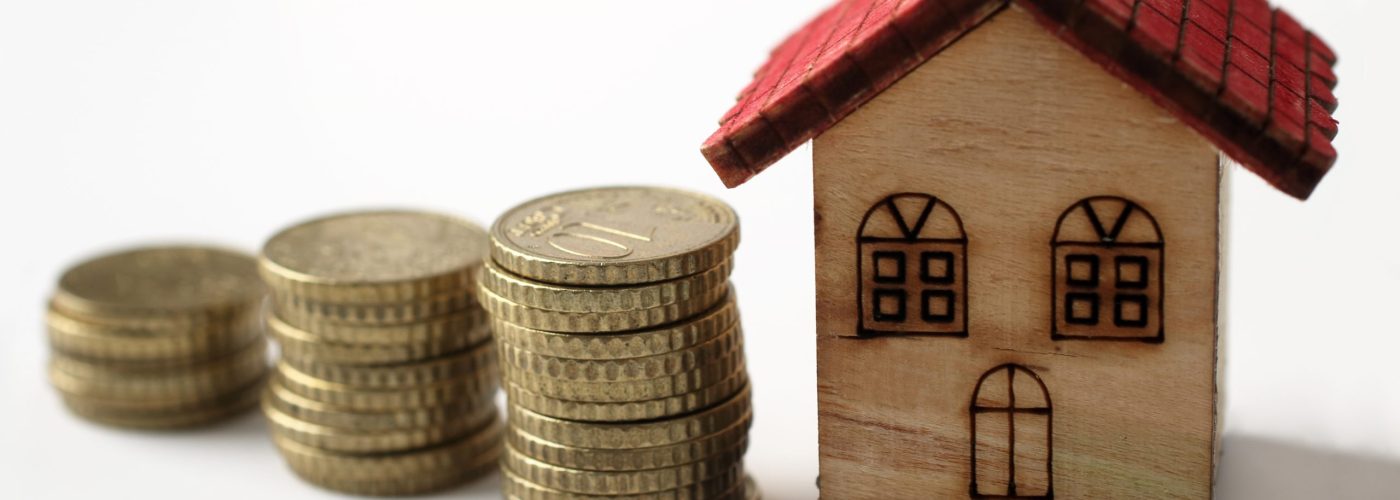Despite recent changes in tax rules affecting landlords who could face losing thousands of pounds in profit, investing in a property in the UK shows no sign of slowing down. A survey carried out by Perrys Chartered Accountants has revealed that 35% of the participants are most confident in property compared to any other investment, including pensions and ISAs.
Another research carried out last year by Halifax revealed that the UK’s housing wealth has passed the £6 trillion mark for the first time. It is estimated that the average net equity worth – the difference between the value of a home and the outstanding mortgage – is £247,233.
In order to maintain a similar lifestyle at retirement, £25,000 per annum will be needed, meaning that equity from a single property could provide up to 10 years of income. However, this does not factor in other costs for releasing the equity, such as estate agency and legal fees or any stamp duty charges, which could stretch into the thousands. With an average life expectancy of 81 in the UK, relying on property equity from a first home could mean there is a possible income shortfall of at least 6 years.
“Whilst maintaining your current lifestyle will always be the first consideration, it is also important to be aware of the other possibilities that life can throw at you, such as ageing relatives, long-term illness, or the chance you might need residential care in the future,” said Stewart Pope, CEO at Perrys Chartered Accountants.
Some of the issues faced by the ageing nation will be addressed with the recent introduction of auto-enrolment for employee pensions. However, only a quarter of those aged between 35 and 54 felt confident in pensions as a future investment with 40% saying that putting their money into property would be their first choice. But the Government’s latest changes to tax regulations and the significant increase in the stamp duty charges paid on second homes are making property investment a more difficult and expensive prospect for many.
“It is worth taking a look at your existing assets to see how you could maximise potential for the future. With the right advice and some effective tax planning you could find that this makes a long term difference to the shape of your financial future,” concluded Stewart.





